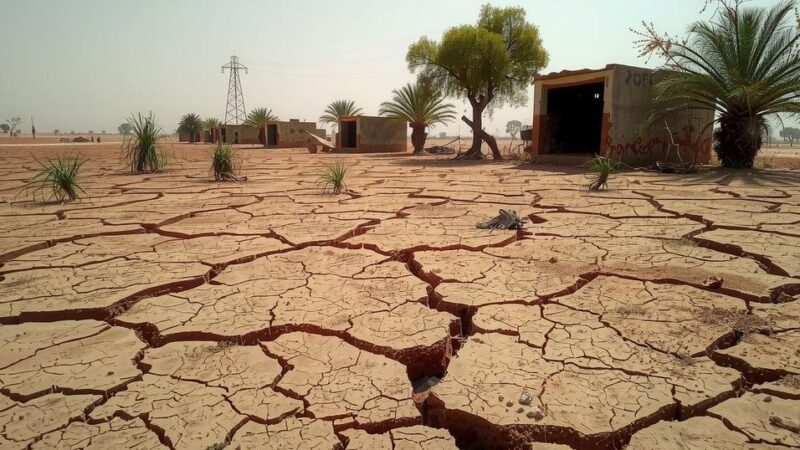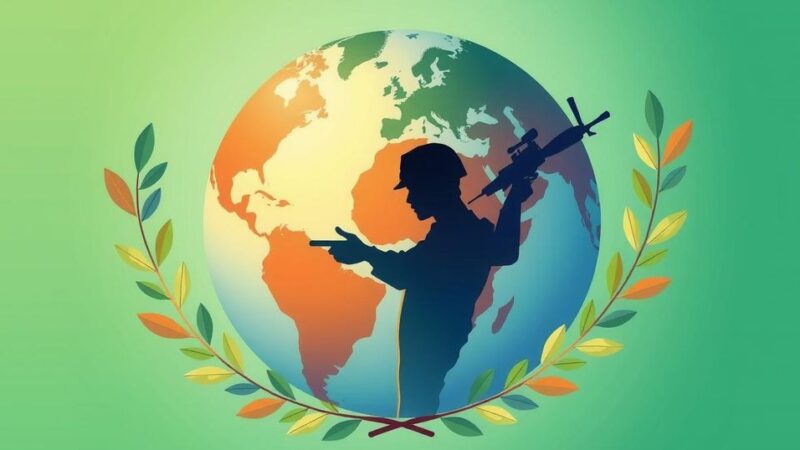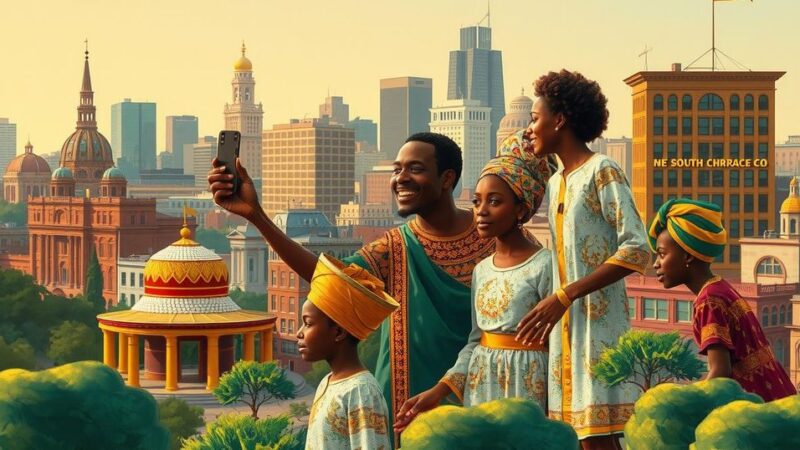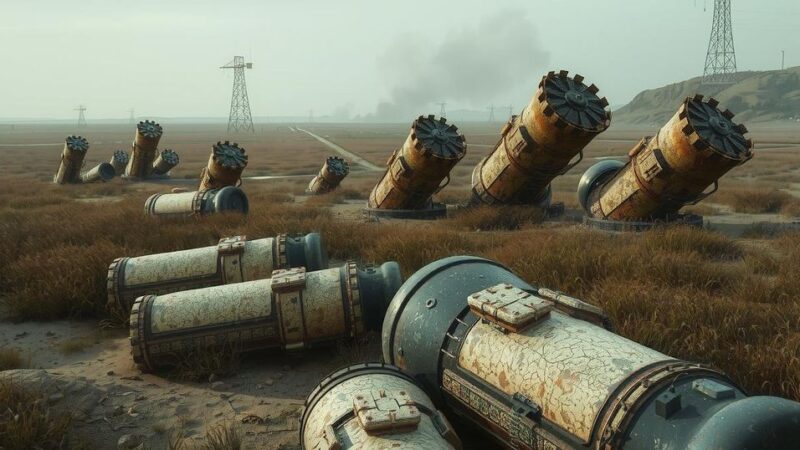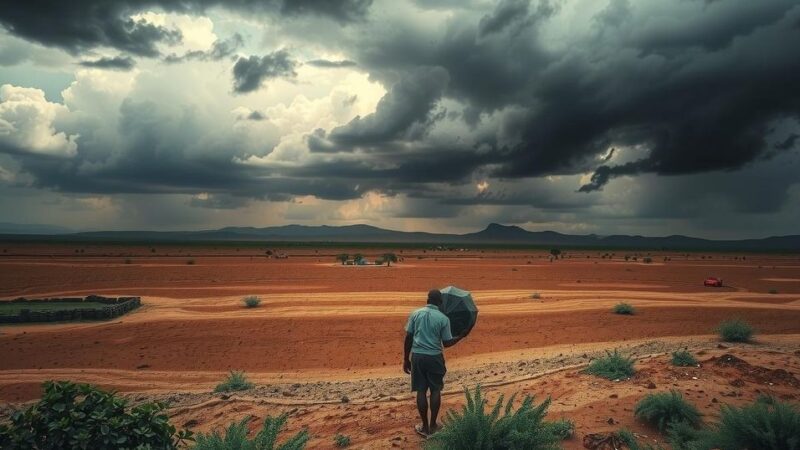Angola will host direct peace talks on March 18 between the DRC and M23 rebels in efforts to broker a ceasefire. The DRC has acknowledged Angola’s initiative, while M23 leader Bertrand Bisimwa emphasized the necessity of negotiations. The ongoing conflict has resulted in significant casualties and displacement, raising concerns about regional stability and human rights issues.
Angola has announced the commencement of direct peace talks between the Democratic Republic of Congo (DRC) and M23 rebels, scheduled to begin on March 18. This initiative, aimed at achieving a lasting ceasefire, has been acknowledged by the Congolese presidency, although it has not yet confirmed its participation. The meetings will take place in Angola, signaling a new diplomatic effort to resolve ongoing tensions.
Since early March, Angola has expressed its intention to mediate between the DRC and M23, especially amid tensions worsened by allegations that Rwanda supports the rebel group, a claim that Rwanda has denied. The DRC government has previously been resistant to direct negotiations with M23, but it has recently taken note of Angola’s mediation efforts, reflecting a potential shift in its stance.
Bertrand Bisimwa, the leader of the M23, asserted on social media that pushing President Felix Tshisekedi into negotiations was a necessary step to address the escalating crisis, which has sharply intensified since January. Concurrently, an extraordinary summit of the Southern African Development Community (SADC) leaders is set to discuss security concerns in eastern DRC.
The conflict, deeply rooted in historical tensions dating back to the Rwandan genocide of 1994, has escalated due to competition over DRC’s rich mineral resources, including coltan and cobalt—key elements in modern technology and renewable energy development. Since January, the violence has resulted in approximately 7,000 fatalities, with over 600,000 individuals displaced.
In addition, Human Rights Watch has highlighted the deteriorating human rights situation in regions under M23 control, citing pressures on civil society activists and journalists. The report suggests that Rwandan-backed forces are responsible for significant violations, including severe repression of dissent, echoing concerns shared by local and international observers. With additional military presence from neighboring countries, the potential for a broader regional conflict looms, reminiscent of the devastating Congo wars from two decades ago.
In summary, Angola’s facilitation of peace talks between the DRC and M23 rebels marks a critical diplomatic effort amidst escalating violence and humanitarian crises. The involvement of regional leaders and the historical context of the conflict further complicate the situation. Continuous monitoring of the conflict’s implications on human rights and regional stability remains vital as the situation develops, highlighting the urgent need for a unified and effective resolution strategy.
Original Source: www.rfi.fr

